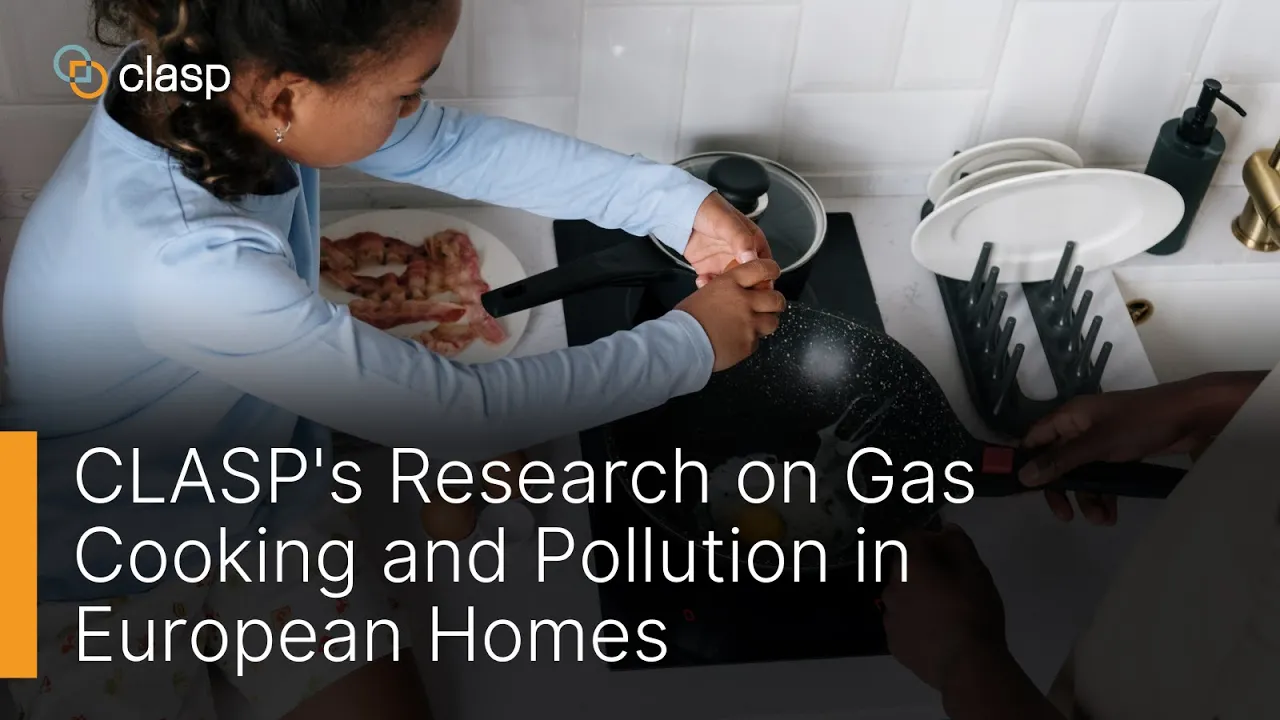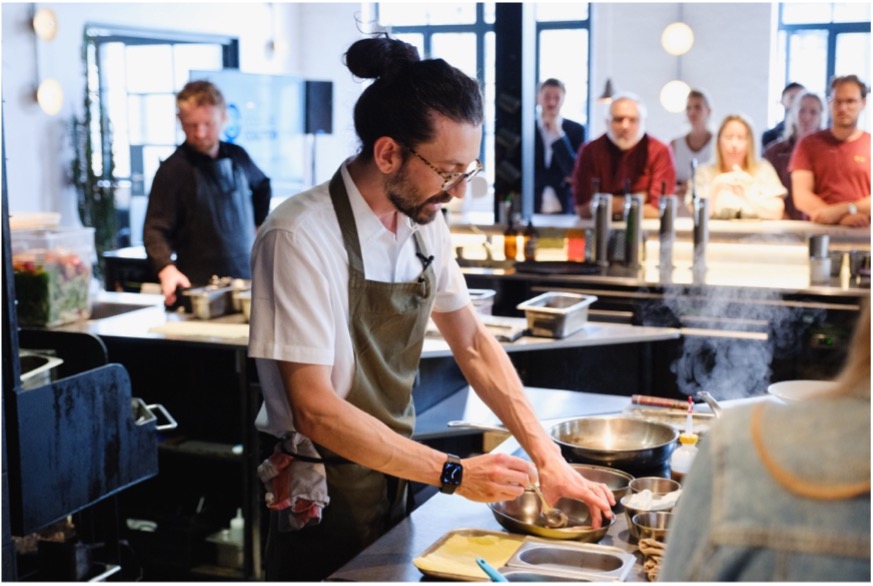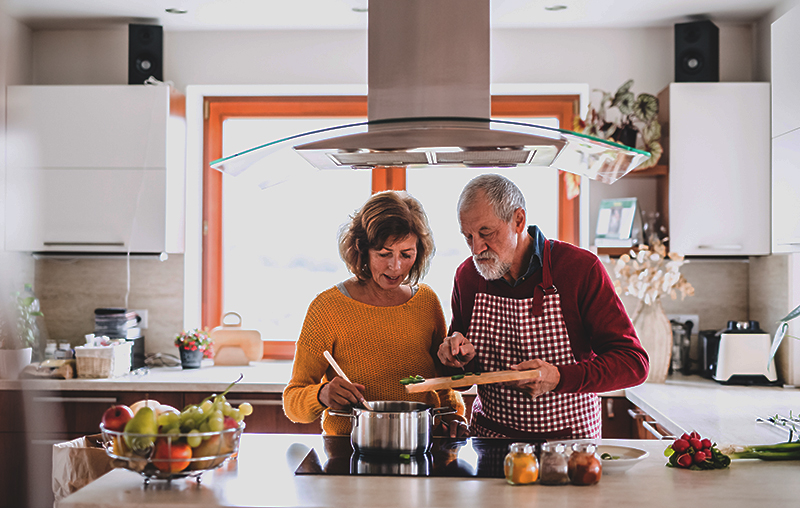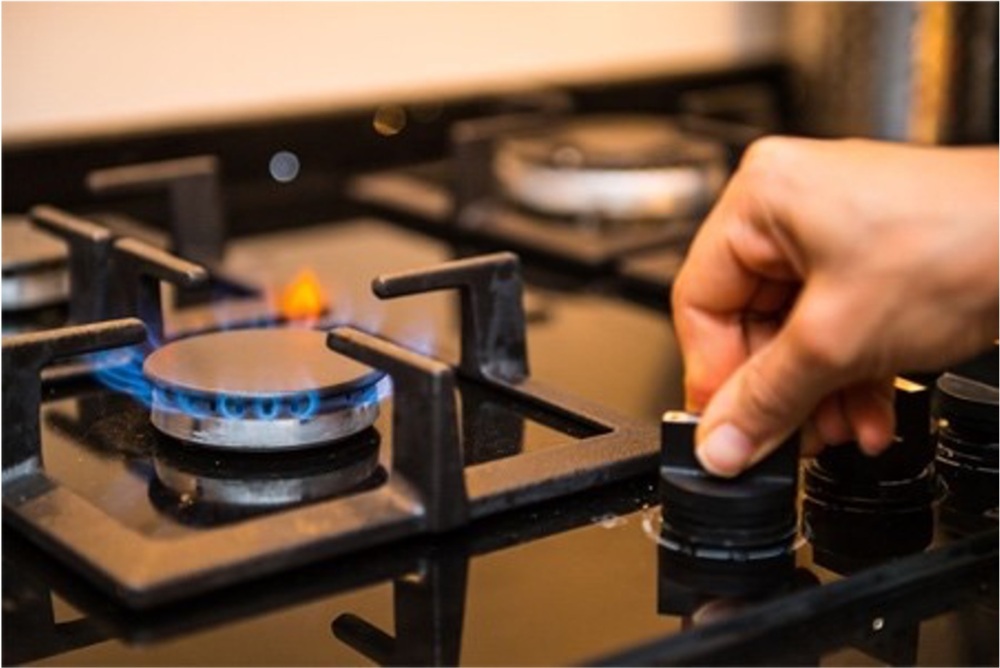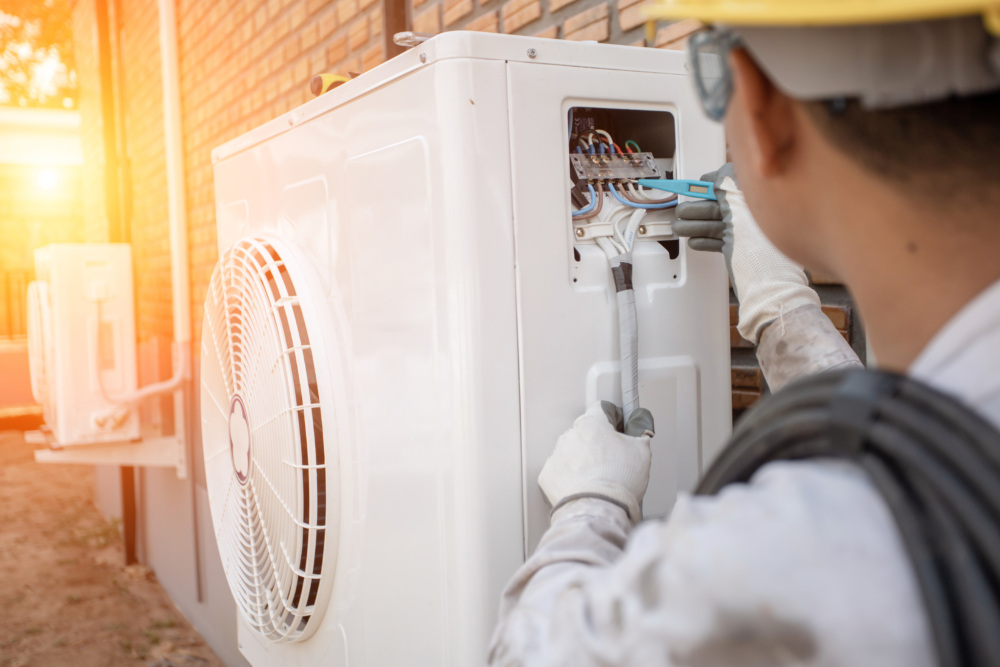Electrifying Cooking for Healthier and Cleaner Homes
CLASP's groundbreaking research shows how gas stoves pose a threat to public health. The report showcases solutions and pathways to address the risks.
In our daily lives, an often-overlooked activity may be impacting our health more than we realize. When we burn gas in our homes, we’re not just preparing meals; we’re cooking up a cocktail of pollutants. These pollutants pose health risks, particularly for vulnerable individuals and those with pre-existing conditions like asthma, according to environmental health expert Frank Kelly, a professor at Imperial College London. Transitioning from gas to electric hobs and ovens can eliminate the health risks associated with gas combustion, Kelly said.
The field study
In 2023, CLASP, in collaboration with TNO and Opinium, carried out the largest indoor air quality study focused on gas cooking ever conducted in Europe to understand the extent of the problem. Researchers provided air quality sensors to 250 households across 7 European countries. Over two weeks, the sensors measured and recorded levels of nitrogen dioxide (NO2), carbon dioxide, and particulate matter emitted in kitchens.
In kitchens equipped with gas stoves, researchers found that levels of NO2 often exceed the World Health Organization’s (WHO) air quality guidelines and outdoor air pollution limits in the European Union (EU) and the United Kingdom (UK). The study’s findings demonstrate the necessity to improve air quality in our homes, along with a critical need to inform people about the health risks associated with gas cooking and transition to cleaner cooking alternatives.
The hidden cost of cooking with gas
The repercussions extend beyond health; they’re also impacting our wallets. Each year, indoor air pollution related to gas cooking is estimated to cost the European Union around €3.5 billion and the UK government approximately £1.4 billion. These costs include lost earnings, decreased productivity, increased healthcare expenses, and missed educational opportunities.
A recipe for change
Professor Frank Kelly emphasizes that, given the wealth of information linking gas use to health issues and climate impact, “the use of gas is now outdated.” There is a pressing need for change. The most significant decrease in indoor concentrations of NO2 can be accomplished by making the switch from gas to electric cooking appliances. Accelerating the transition to electric cooking is identified by experts as the most effective solution, alongside raising awareness about the need for adequate ventilation.
To safeguard public health, action is required. Governments, industry leaders, healthcare providers, researchers, and individuals all have a role to play in reducing indoor air pollution related to gas cooking:
- Government: Policymakers across the EU and UK can help accelerate the transition to electric cooking by strengthening appliance standards and establishing energy labels for hobs that inform consumers about pollution levels.
- Industry: Manufacturers and retailers should privilege the production of electric cooking appliances, make the most efficient products more affordable, and discontinue the production of gas hobs and ovens.
- Civil society and healthcare: Advocates should raise awareness of the health risks associated with the use of gas cooking appliances.
- Research: By conducting further studies and fostering innovation, researchers can contribute valuable insights to guide policy decisions and technological advancements.
- On an individual level, adopting cleaner electric hobs and ovens is recommended to limit exposure to NO2. Ventilating kitchens during and after cooking is a simple, practical step toward mitigating the health risks associated with the use of gas hobs and ovens.
Our culinary choices carry significant health, economic, and environmental weight. Let’s make informed choices to protect our health and contribute to a cleaner future.
CLASP is working with governments to ensure they consider frameworks and incentives that encourage a transition away from gas cooking to electric alternatives.
For more information, visit https://www.clasp.ngo/cook-cleaner-europe/.

